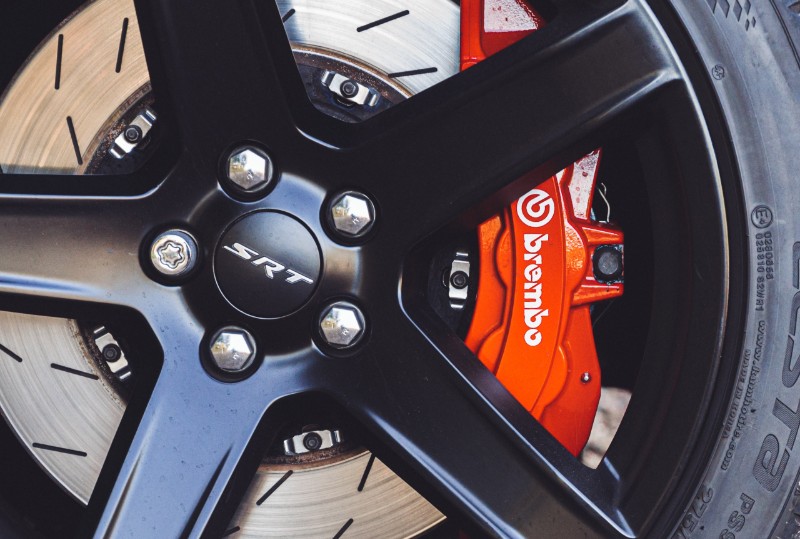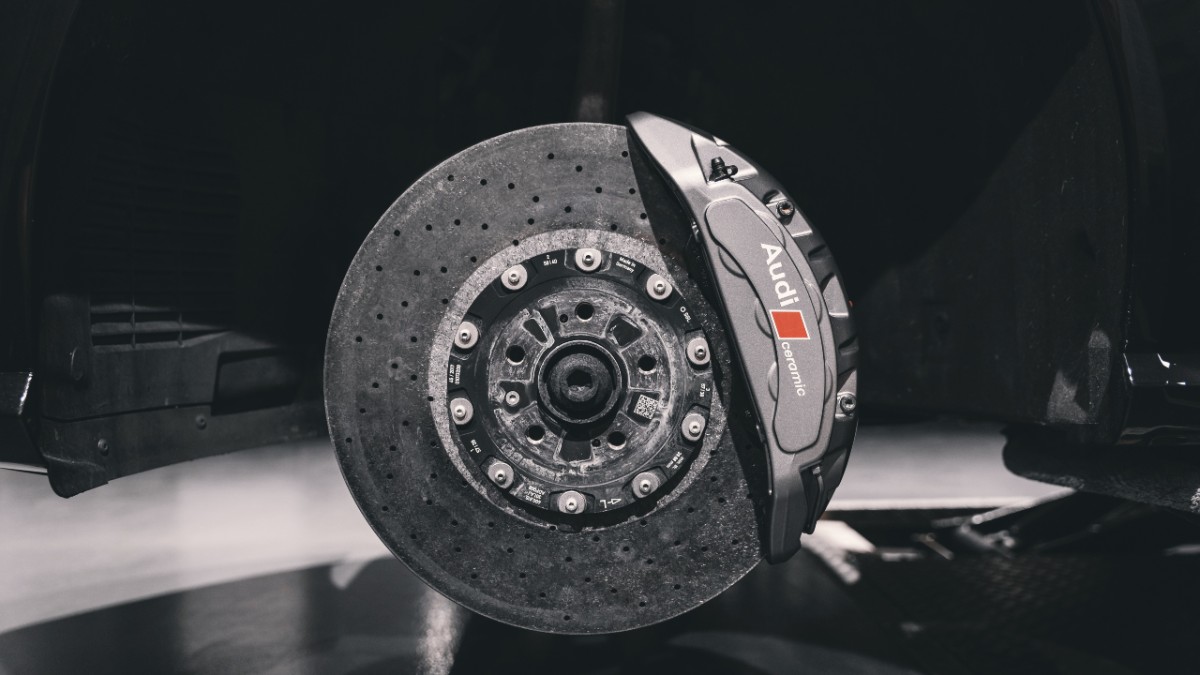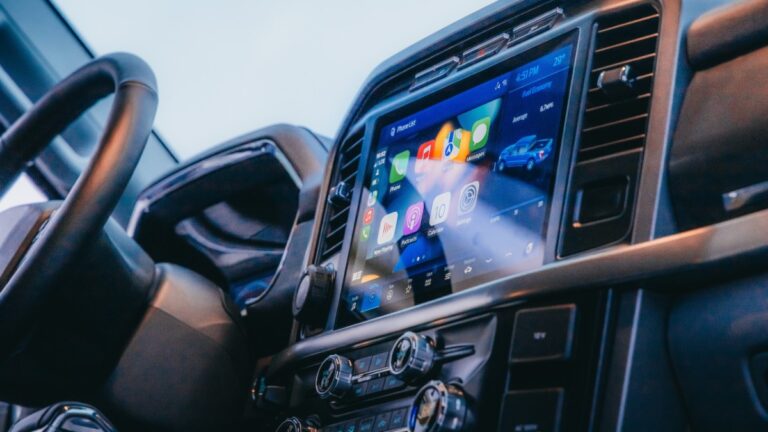Why Are Your Brakes Slipping & How To Fix Them?
No driver wants to be in a situation where they are driving, and the brake doesn’t respond well or at all when applied. It’s a very dangerous situation that can put the lives of the driver as well as other road users at risk. Brake problems rarely develop suddenly. They happen gradually and get worse over time. One of the symptoms of a failing or malfunctioning braking system is when the brake pads slip. In this article, you’ll learn about why your brakes are slipping and what to do to solve the situation.
Your brake may slip if there’s insufficient brake fluid or a problem with any of the braking components. Understanding the underlying cause is key to solving the issue.
You shouldn’t joke about any braking issue. Whenever you notice that your brake is malfunctioning, you should immediately have your vehicle checked out by a mechanic. Below, you’ll learn about the signs of a failing brake and how to resolve it.
Reason Why Your Brake Is Slipping
Your brake can be said to be slipping when the brake pads lose their effectiveness, making it very difficult to stop the vehicle. Slipping is another term used for glazed brake pads. When you notice your brake slipping, it’s time to have a mechanic inspect your car. It’s never a good idea to drive around with a malfunctioning brake. You are putting your life and that of other road users at risk.
Signs Of A Slipping Or Failing Brake
As mentioned earlier, brake problems start as small issues before progressing to bigger ones over time. So, it’s important to always watch out for signs that may indicate issues with your braking system. Below are signs to look out for:
Grinding Sounds
When you start hearing grinding sounds when the brakes are applied, it’s time to take the vehicle to a mechanic for inspection. Sometimes, grinding noises can be due to a stone or gravel caught in the caliper unit. And if this is the case, the problem is easily solved, and all that needs to be done is to remove the stone or gravel.
However, grinding noise can also be caused by worn-out brake pads. When the brake pad wears out, metal components that are not supposed to be in contact rub against each other, thereby creating the grinding noise you hear. To be sure of the cause of the problem, your vehicle needs to be inspected by a mechanic.
Wobbling or Vibration When Shaking
Another sign of a failing braking system is when the vehicle or steering wheel shakes when you press the brake pedals. The reason for this could be due to the uneven thickness of the brake rotor, which could happen over time. The brake pad normally pushes against the rotor to stop the car’s wheel from turning. Over time, the rotors wear out, and this wear may be uneven. If this is the case, the steering wheel or vehicle may vibrate when the brake is applied, as the rotor and brake pads aren’t making proper contact.
On inspection of the brake, the mechanic will decide if the rotor has to be smoothened or replaced.

Burning Smells
The burning smell from the brake pad or braking system is a sign of overheated brakes. Whenever you notice this, pull over to a safe place and wait for some time for the brakes to cool. The reason for this is that overheating can result in brake failure.
Even if you are not sure about the source of the smoke, take your vehicle to a mechanic. The problem could be a short circuit of some of the electrical components of the vehicle or a brake problem. But you shouldn’t take any unnecessary risks.
Car Tugging In A Direction When Braking
There are a couple of reasons why a car may be tugging in a direction when braking and an issue with the braking system is one such reason. The usual cause of this problem is a bad brake hose or caliper. To be sure of the problem, you’ll need your car to be diagnosed to find the underlying cause.
Brake Maintenance Schedule
Car manufacturers tend to recommend maintenance for different parts of the car, including the brakes. Consult the owner’s manual to find out what your car manufacturer has to say. But as a rule of thumb, it’s recommended you have your brake pads, and brake fluid inspected every 12,000 miles.
Many brake issues are caused by low levels of brake fluid. So, you’ll want to check the fluid level occasionally and top it off when necessary. If the brake fluid is dirty or has air in it, you’ll need to replace it. Brake pads will also need to be replaced when they wear out too much.
Brake fluids should be replaced every 25,000 miles, while brake rotors should be inspected and repaired or replaced as necessary every 60,000 miles. Your mechanic will also give you any important advice as regards your brake maintenance schedule.
Brake Maintenance Cost
While brake maintenance can seem annoying to some people, it’s something you shouldn’t compromise on for your safety and that of other road users. Depending on the nature of the problem detected during the maintenance routine, you can spend anywhere from below $100 to up to $200.
The benefit of routinely checking the operation of your braking system is that you get to detect problems. It’s cheaper to fix problems when you detect them early than when they’ve escalated into bigger problems.
Brake Wear Factors
There are several factors that will determine how fast your brake wears out. One such factor is the area you are driving. City driving requires you to slow stop and stop a lot, and this means drivers have to engage the brake more. In this situation, the brake will wear out faster due to consistent use. However, if you live a lot on the highway where you don’t need to use the brake as much, it will wear out more slowly.
Replacing damaged or worn-out parts with cheap or low-quality parts will also make those parts wear out faster. So, while it may be appealing to buy low-quality parts to save money, you may end up paying for more long-term as you’ll have to replace those parts sooner.







